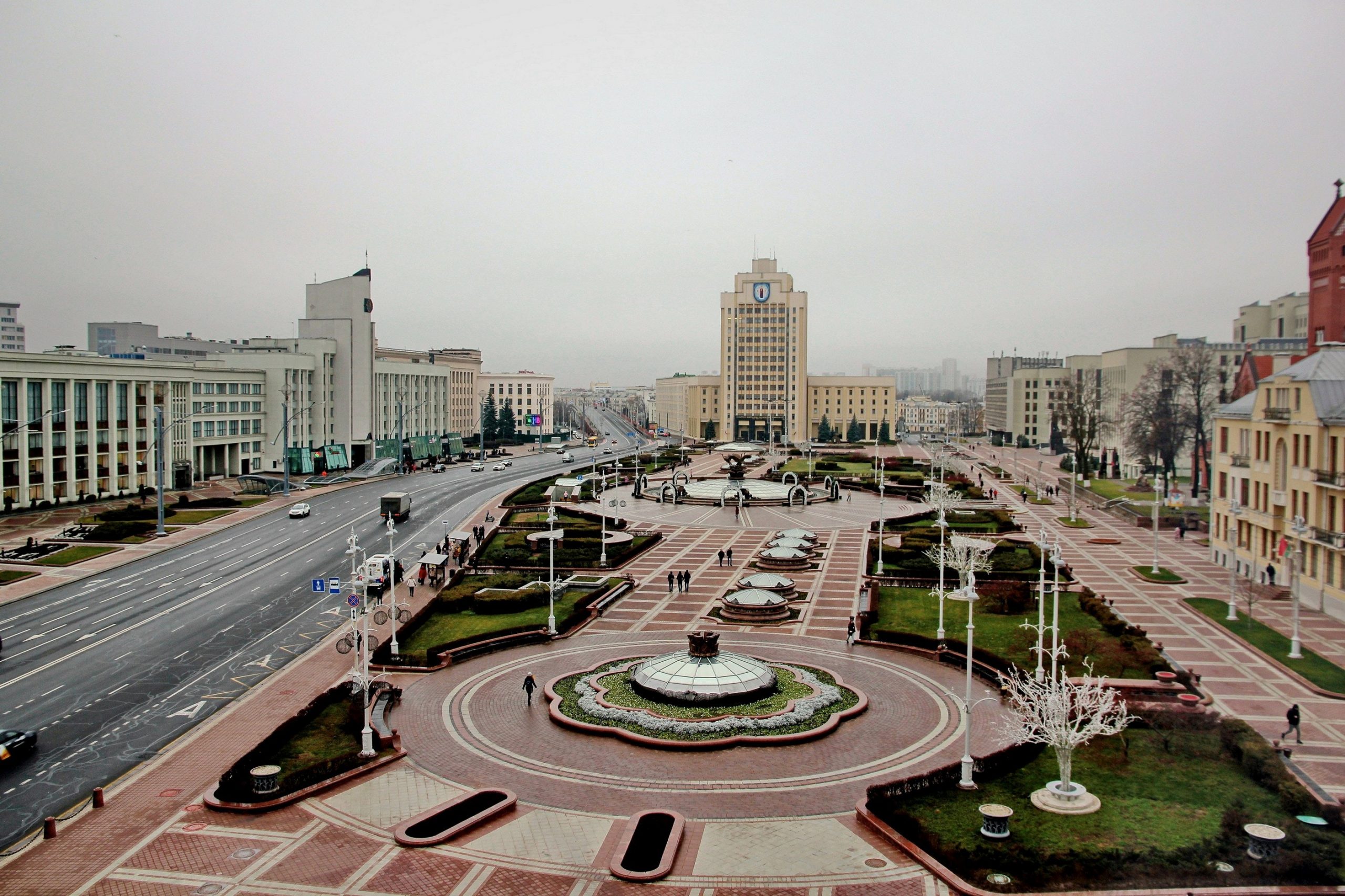As the peace talks on Russia-Ukraine war emerge, many believe that Russia’s defeat could result in the Kremlin losing its grip on neighboring countries. While Russia may be weakened by the war, it could still retain Belarus as a bargaining chip. It’s crucial for the international community to ensure that this possibility is eliminated. Unlike Ukraine, which benefits from military and political support from Western nations, Belarus is in a precarious situation. The Belarusian regime, under Alexander Lukashenka, is subject to international sanctions, which rarely affect meaningful change, particularly when an autocrat’s survival is at stake.
The fear of provoking Russia has significantly dampened Western support for the Belarusian opposition. During the 2020 protests, Western governments advised Belarusian opposition leaders to pursue peaceful demonstrations. In return, they promised solidarity actions and calls for a national dialogue under the OSCE. The latter never materialized, as the Kremlin dismissed these propositions as “meddling in the relations of the Union State.”
The Belarusian pro-democratic opposition, operating as a quasi-government in exile, relies heavily on the goodwill of Western donors and host countries such as Lithuania and Poland. These exiled politicians can advocate for support, raise awareness about the situation, and seek assistance for independent media and civil society. Unfortunately, they lack the political leverage necessary to secure substantial military or political support.This predicament resembles that of exiled Latvians in Washington D.C. or Poles in London during the Soviet occupation, who navigated a complex geopolitical landscape, hoping for favorable political shifts and opportunities.
Most of the funding available for Belarus is aimed at projects like combating Russian disinformation and supporting civil society. Indeed, civil society, which was crushed domestically and now operates from abroad, needs support. Similarly, the overwhelming dominance of Russian propaganda in Belarusian information space, unhindered by the Lukashenka regime, needs to be addressed. Yet, these efforts alone will not shift the dire political crisis toward a democratic resolution. Treating symptoms, does not target the root of the problem.
The critical question is whether the end of the war in Ukraine could alter Belarus’s trajectory. While there is an idealistic hope that a democratic victory in Ukraine could signal the end of Putinism, the reality is more complex. The key factor for Belarus is whether the Kremlin will maintain control over Belarus specifically. Even if the Kremlin loses influence elsewhere, it might use Belarus as a bargaining chip in peace talks, ensuring its influence despite regional power shifts. This would leave Belarus in a state of limbo. Lukashenka or another pro-Russian figure could remain in power if the Kremlin decides to replace him.Such a scenario implies not only that Belarusians are perpetually trapped in a dictatorship rife with human rights abuses, but also that Belarus remains a vassal of Russia and a threat at the EU and NATO’s doorstep. Belarus is a country whose government changed a constitution, removing a neutrality clause, to accommodate Russia’s request to station tactical nuclear weapons; it is a country that is actively servicing Russia’s military needs in the war on Ukraine.
There should be no option of compromising with Lukashenka again. The “normalization” strategy pursued from 2015 to 2019 proved inefficient. Although at times he seemed like a predictable, although authoritarian leader, the nature of Lukashenka’s regime remains unchanged. He is the same leader who crushed opponents in the 1990s, occasionally orchestrated a migrant crisis, built a Russian-backed nuclear power plant at the Lithuanian border to intimidate EU neighbors, and engaged in manipulative tactics to maintain power. Despite previous European efforts to engage in dialogue with Lukashenka, these interactions have often resulted in setbacks, particularly as Lukashenka’s actions increasingly align with Russian interests.
To address the situation effectively, it is time to formulate bold solutions:
Supporting Belarusian civil society is important, but it must be complemented by more substantial measures, such as aiding groups like the Kalinouski regiment, Belarusians fighting on the Ukrainian side.
Western powers have to work together with the Belarusian democratic opposition to include Belarus in peace talks. Previous demands for democratic reforms and the release of political prisoners as conditions for lifting sanctions remain relevant.
Belarus is a significant piece of the regional security puzzle—the 13th largest in Europe, located on the EU-NATO eastern flank and currently being used by Russia as a doorstep to Europe. A long-term Western strategy should focus on the democratization of Belarus, addressing its strategic importance and incorporating it into broader regional negotiations.

